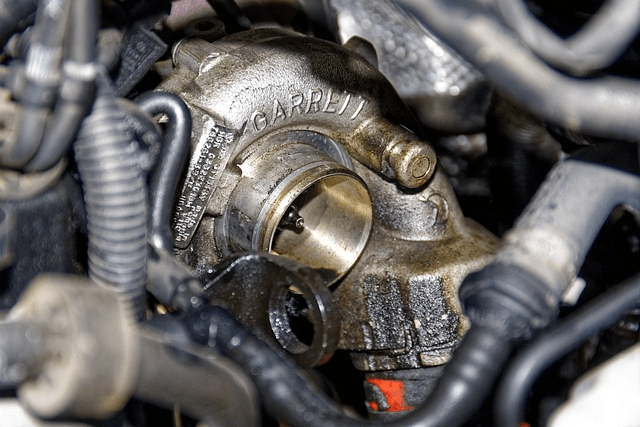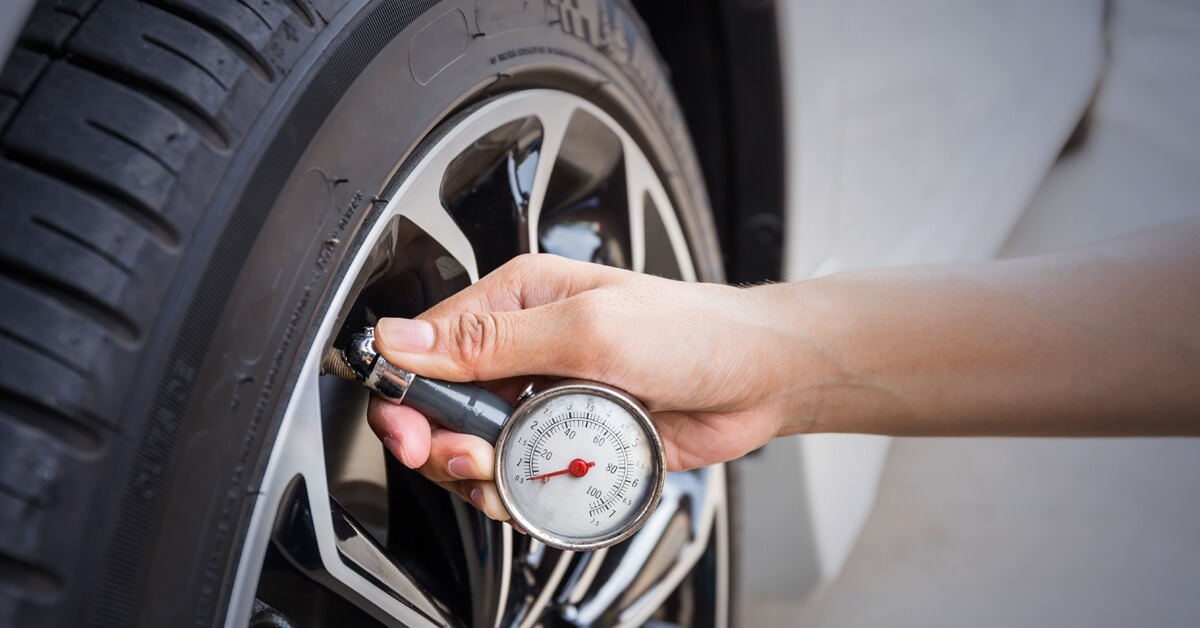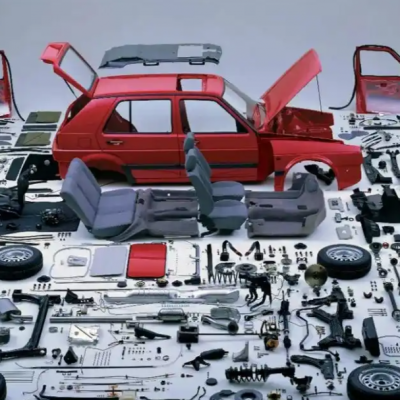Should You Let Your Car Idle to Warm Up?
Table of Contents
Toggle
Why Was Idling Necessary 20 Years Ago?
Over two decades ago, many vehicles in China were equipped with carburetor engines. These engines required a specific operating temperature to function optimally. In cold weather conditions, particularly during winter, the carburetor couldn’t effectively atomize and dilute the fuel until the engine warmed up sufficiently. This often led to inconsistent fuel delivery, causing the engine to run roughly or even stall. Consequently, allowing the engine to idle for several minutes became a common practice to ensure smoother operation.
Is Idling Still Necessary for Modern Cars?
With advancements in automotive technology, most modern vehicles now utilize electronic fuel injection (EFI) systems. EFI systems are more efficient and can operate effectively across a broader range of temperatures. They provide better fuel atomization, making the engine more tolerant of cold starts. Therefore, for the majority of modern gasoline-powered cars, extended idling to warm up the engine is no longer necessary.
However, it’s important to note that certain vehicles may still benefit from a brief warm-up period:
-
Diesel-powered vehicles: Diesel engines are more sensitive to temperature changes and may require a short idling period to stabilize.
-
Vehicles with Continuously Variable Transmissions (CVT): Some CVT-equipped cars might need a brief warm-up to ensure optimal transmission performance.
-
Manual transmission vehicles: A short warm-up can help in achieving smoother gear shifts.
Always refer to your vehicle’s owner’s manual for specific recommendations regarding warm-up procedures.

What’s the Correct Way to Warm Up a Car?
Instead of prolonged idling, the recommended approach for modern vehicles is:
-
Start the engine and let it idle for 30 seconds to 1 minute. This allows the engine oil to circulate and lubricate all moving parts.
-
Begin driving gently, avoiding high speeds and rapid acceleration. This helps the engine reach its optimal operating temperature more efficiently.
-
Monitor the engine temperature gauge. Once it reaches the normal operating range, you can resume regular driving.
This method not only ensures the engine warms up properly but also reduces fuel consumption and emissions.
Why Improper Warm-Up Increases Fuel Consumption
Prolonged idling, especially in cold weather, leads to increased fuel consumption. The engine burns additional fuel to maintain operating temperature without any movement, resulting in wasted energy. Moreover, excessive idling can lead to carbon buildup in the engine, affecting performance and longevity.

Other Factors That Affect Fuel Consumption in Winter
1. Incorrect Tire Pressure
Cold temperatures can cause tire pressure to drop. Under-inflated tires increase rolling resistance, leading to higher fuel consumption. Regularly check and maintain tire pressure according to the manufacturer’s specifications to ensure optimal fuel efficiency.
2. Misuse of the Car Heater (A/C Button Confusion)
Activating the A/C button while using the heater doesn’t help to warm the cabin. Instead, it engages the air conditioning system, which can increase fuel consumption. Use the heater without the A/C unless you need to defog the windows.
3. Using the Wrong Engine Oil Viscosity
In colder climates, using high-viscosity engine oil can hinder engine performance. Thicker oil doesn’t flow as easily, causing the engine to work harder and consume more fuel. Opt for engine oil with the appropriate viscosity rating suitable for winter conditions.

Coolant (Antifreeze) Maintenance Tips
Ensure the coolant level is between the minimum and maximum markers. It is crucial to use the correct type of antifreeze with an appropriate freezing point. Mixing different kinds or brands can lead to chemical reactions, reducing the coolant’s effectiveness and potentially damaging the engine.
Elevate Your Vehicle’s Performance with [yeahengine]
Ensuring your vehicle operates at its best, especially during colder months, requires more than just proper warm-up techniques. At [Your Brand Name], we offer a comprehensive range of high-quality automotive products designed to keep your car running smoothly and efficiently. From premium low-viscosity engine oils that enhance cold-start performance to advanced antifreeze solutions tailored for extreme temperatures, our products are engineered to meet the demands of modern vehicles. Explore our selection today and experience the difference that quality maintenance can make. Visit our online store or contact our expert team for personalized recommendations.




